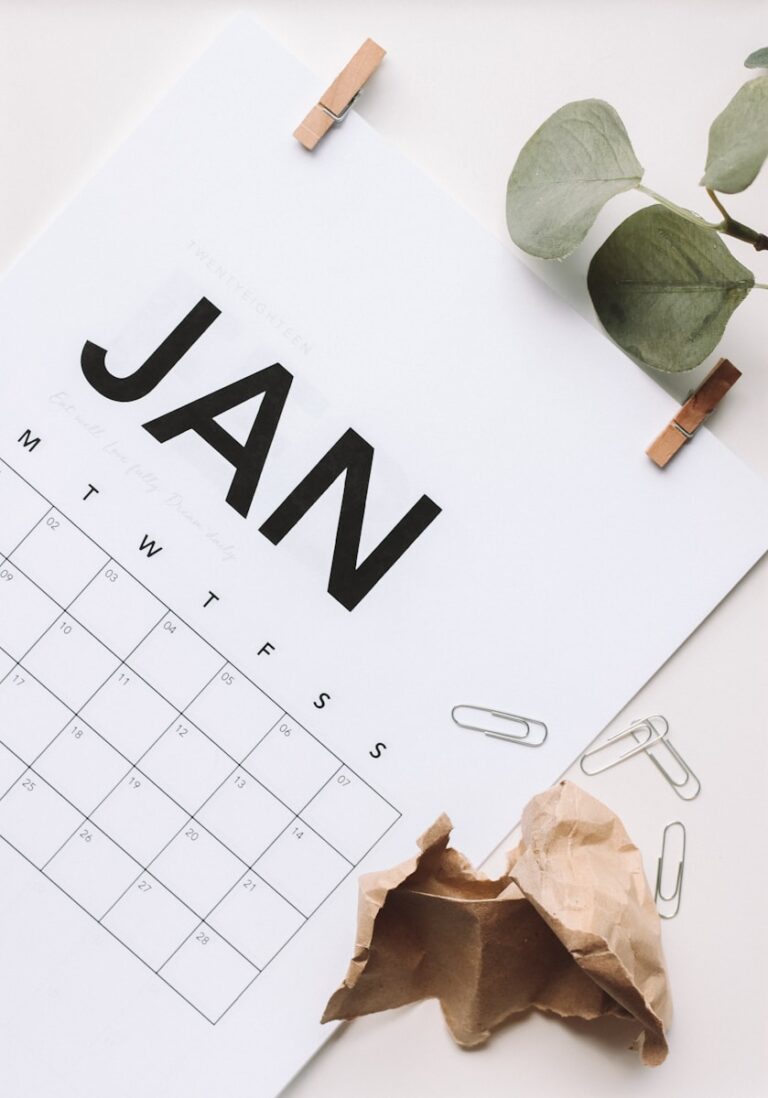 Securing our future is a worrisome issue that we all overthink. It’s totally normal to dream about a good retirement plan that will ensure your peace of mind for the rest of your life. Even though most people want to achieve a good retirement plan, a survey showed that the majority of Canadians haven’t completed retirement assessment needs. It’s only logical to assume that many of us haven’t figured out how much do we actually need to retire. To be able to specify the amount that is going to be sufficient for your lifestyle, you need to determine what you need the money for. Other than your basic expenditures, you need to leave some money for emergencies, leisure activities, and other considerations that you need to bear in mind.
Securing our future is a worrisome issue that we all overthink. It’s totally normal to dream about a good retirement plan that will ensure your peace of mind for the rest of your life. Even though most people want to achieve a good retirement plan, a survey showed that the majority of Canadians haven’t completed retirement assessment needs. It’s only logical to assume that many of us haven’t figured out how much do we actually need to retire. To be able to specify the amount that is going to be sufficient for your lifestyle, you need to determine what you need the money for. Other than your basic expenditures, you need to leave some money for emergencies, leisure activities, and other considerations that you need to bear in mind.
How To Calculate
It’s not logical to expect a standard answer to the question of how much to leave for retirement. The question that you should focus more on is how can you do the calculations while taking all the important factors into consideration. There are several points that you need to have a clear understanding of. If you are not sure, there is a Free Retirement Planning Checklist that you can use to be able to put your whole retirement plan together. From gathering financial data to set a budget based on your lifestyle expenses, outlining income sources, and then putting it all down.
Rules Of Thumb
There are some money rules that you can follow to make this plan a bit easier. For example, the 4% rule sets the “safe” limit to your withdrawal rate that you can, later on, adjust according to the inflation rate. There is also the rule of 20 where you save $20 for every $1 of your retirement income. This is the same rule as the 4%, however, here you don’t have to calculate inflation after the first years; it’s already taken into account. You can also find the rule of 72 or the 10%. While these money rules will not give you a specific number to your question, they will still give you an idea on how to do your calculations. If these rules don’t suit you, you can apply the same concept behind these rules with a ratio that could be more fitting in your situation.
Build A Good Retirement Portfolio
The earlier you start thinking about your future, the better it will be. It’s best to start saving money as soon as you can, to make sure that you’ve secured your future regardless of your expected retirement age. You might want to retire at an early age to enjoy your life and travel the world or retire for any number of health reasons. So, it’s never too early to start caring about your retirement plan to be ready for whatever life throws at you. But most people prefer to retire at the ages from 60 to 65 because it increases their eligible payouts. Others prefer to go for the middle ground and work as part-timers. After all, you are the only one who can decide how much exactly you are going to need and how to achieve that amount.













